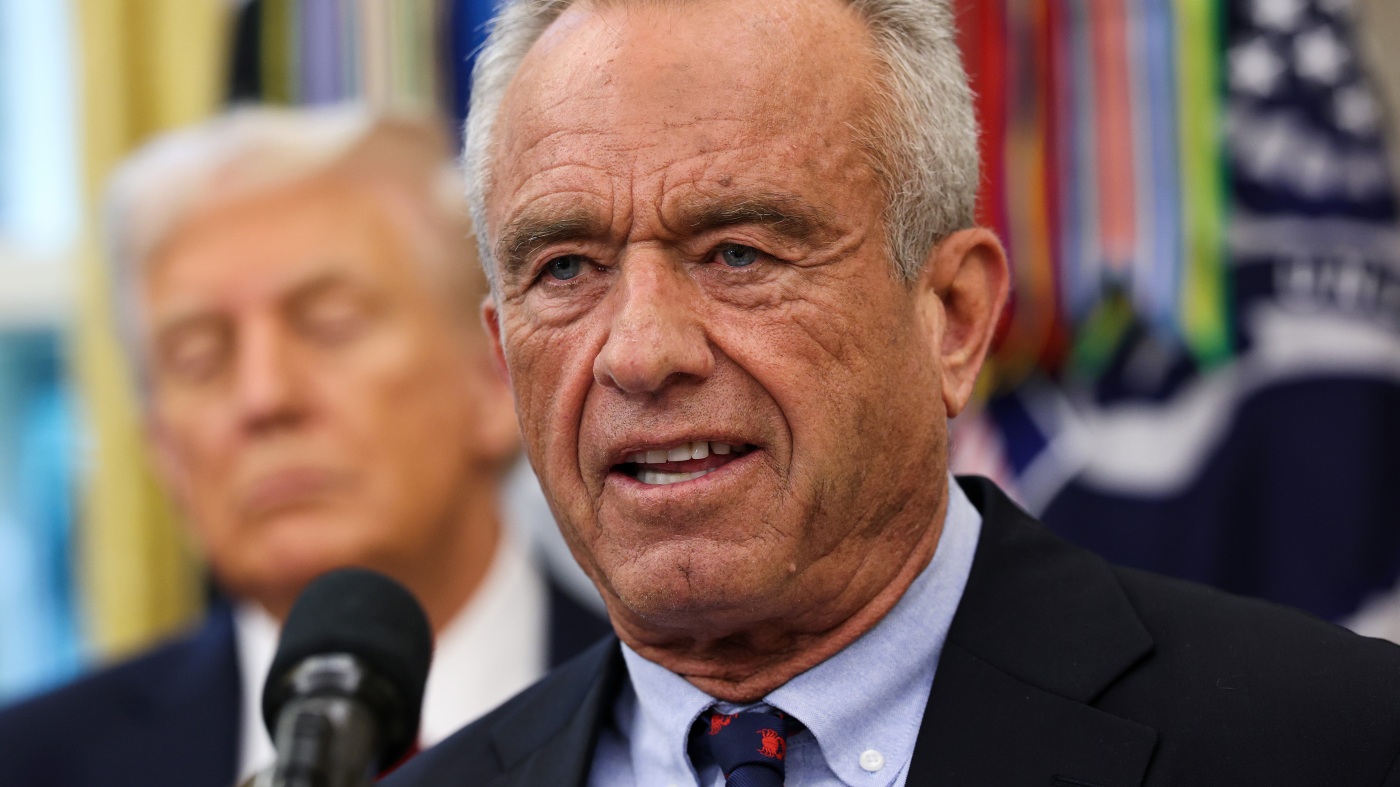Improving access to psychologists shouldn’t mean dangerously lowering our standards

The Centre for Addiction and Mental Health in Toronto. Ontario’s psychologists are battle-tested, having diagnosed and treated many different types of patients.COLE BURSTON/AFP/Getty Images
Dr. Skye Fitzpatrick is an associate professor at York University’s department of psychology. Dr. Jenn Bossio is the director of the Tri Health Clinic. Dr. Michael K. Cheng is director of Toronto Metropolitan University’s Psychology Training Clinic.
Ontarians have been facing a mental health crisis for years. Cuts to publicly funded psychologist positions in the 1990s have steadily dismantled accessible mental health care. Families without insurance or disposable income in Canada’s most populous province face long waitlists, inconsistent services, or a lack of care while wealthier Ontarians access highly trained psychologists in private clinics.
This needs solving. The good thing is that those who can get a psychologist receive high-quality care, thanks to Ontario’s high licensing bar: psychologists complete a PhD, five to six years of supervised training in graduate school including a full-time clinical residency year, a supervised year of practice after graduate school, and pass three exams. Some areas of focus (e.g., child psychology, forensic psychology, neuropsychology) also require documenting specific training. Ontario’s licensed psychologists are thus battle-tested, having diagnosed and treated many different types of patients in a field that ranges broadly.
But last month, the College of Psychologists and Behaviour Analysts of Ontario (CPBAO), which regulates the profession, voted to slash the requirements to become a licensed psychologist, purportedly to make it easier for out-of-province psychologists to work in Ontario. Required training hours will be reduced by at least 75 per cent; an oral exam has been dropped; an ethics exam will be turned into a no-fail webinar; and psychologists will self-regulate whether they are competent to practice in high-stakes areas like neuropsychology. While a typical psychologist will have seen approximately 150 patients before practicing on their own, these changes will mean practitioners could be licensed after seeing only a handful of cases. The exams that served as crucial final checks on competence have been abandoned.
Ontario was aligned with several other provinces in its standards for psychologists, with some jurisdictions such as Nova Scotia and Quebec recently raising or signalling their intention to raise theirs to be similar. Ontario’s standards will now plummet to the lowest in the country.
Everyone agrees that Ontarians need greater access to mental health care. But what will Ontarians be accessing? Psychologists are one of the few professions that can provide psychotherapy and diagnose psychological conditions. At a time rife with misinformation, self-diagnosis and pseudo-scientific quick-fixes, competent diagnosis and treatment are paramount. Getting these things right determines whether a child receives accommodations at school, a grandparent’s early-stage Alzheimer’s disease is recognized, subtle signs of suicide risk in a teenager are caught and a new mother’s depression get better. Missed diagnoses are a problem, but so are false positives which can support misdirected interventions, like a physician’s choice to prescribe stimulants to a child misdiagnosed with ADHD. Now, safeguards are shrinking.
What’s more, the most vulnerable members of the public will absorb the risk from this new, less trained work force. Proponents of these changes will say that there is no evidence that lowering training standards is harmful, but a lack of evidence because something has not been studied doesn’t mean that it is safe. There is no evidence that a dermatologist shouldn’t perform heart surgery, for instance, but how would you feel lying on their operating table?
Some suggest that these changes will diversify the field with more providers from under-represented backgrounds. That goal is worthy, but it is discriminatory to think that lowering training standards would be required. Also, graduate clinical psychology programs have increased the representation of people from historically marginalized groups by an average of 52 per cent over the past five years – without lowering standards.
There are answers to the crisis of poor mental health care access that won’t expose the most vulnerable Ontarians to an undertrained work force. Training programs can be expanded; publicly funded positions can be created; licensure pathways for out-of-province providers can be expedited; and people with less training can be issued interim licences to practice while continuing supervision and training for longer periods of time. But rather than expanding a skilled mental health care work force, the CPBAO is deploying a cheap sleight-of-hand.
These changes are entering a 60-day consultation period, so that the public can weigh in. There is time for Ontarians to stop this, advocate for the right solutions, and make clear that they deserve safe, competent mental health care.
As psychologists, we bear witness to people’s grit, resilience and tender humanity. Ontarians should have access to the rooms where that happens – and the person sitting across from them should know what the problem is, and the best thing to do about it.
link






